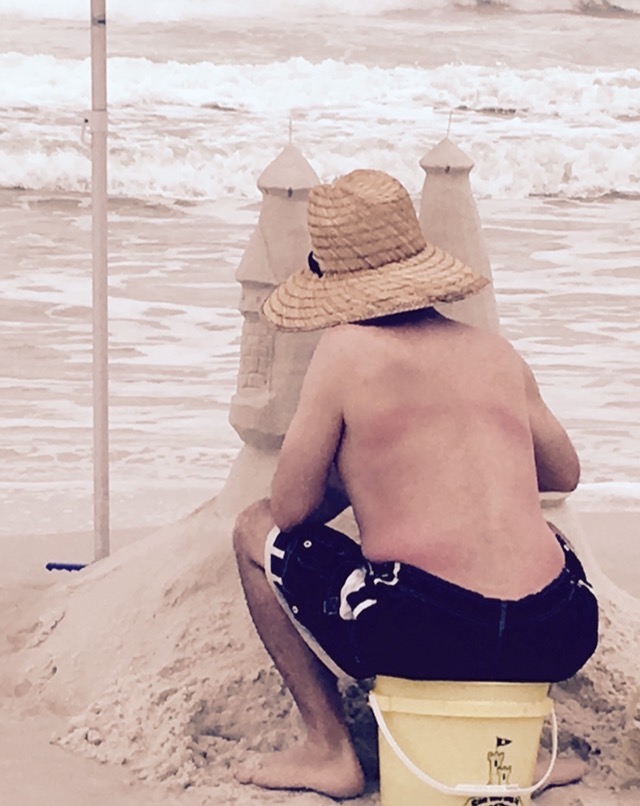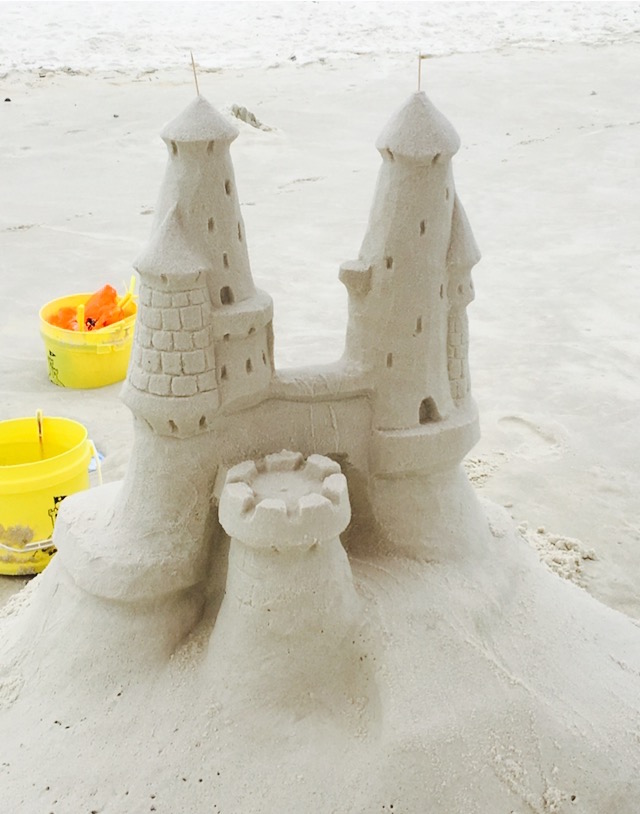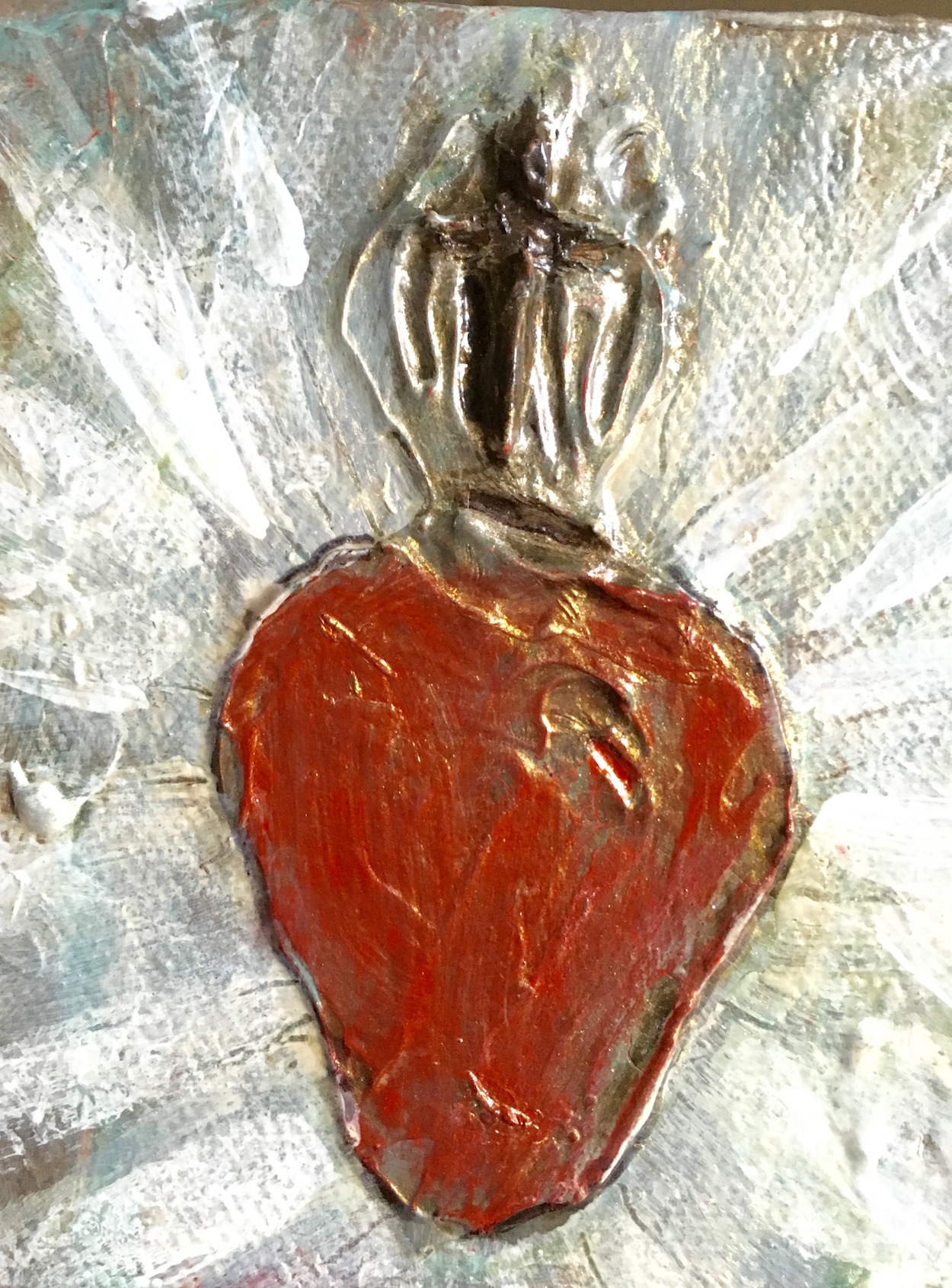 Twice recently I've heard parents say: “I did everything right, and my child is still doing (name your favorite sin).” “Good luck with that!” I responded to one of them in a voice that was louder and more vigorous than I intended. Because the lie that if you do it all right, then you’ll be guaranteed a good result is a form of an ancient heresy known as Pelagianism. The old heresy now has a new moniker: the Prosperity Gospel, which purports that if I do X and Y then I will earn Z from God. Oh, how it misses the point of God’s grace!
Twice recently I've heard parents say: “I did everything right, and my child is still doing (name your favorite sin).” “Good luck with that!” I responded to one of them in a voice that was louder and more vigorous than I intended. Because the lie that if you do it all right, then you’ll be guaranteed a good result is a form of an ancient heresy known as Pelagianism. The old heresy now has a new moniker: the Prosperity Gospel, which purports that if I do X and Y then I will earn Z from God. Oh, how it misses the point of God’s grace!
What a relief to heartily admit what two of the greatest saints of our era, namely St. Faustina and St. Therese of Lisieux, freely admitted: they couldn’t get it right. While simultaneously reading St. Faustina’s Diary and Fr. Michael Gaitley’s 33 Days to Merciful Love, I was almost giddy when I happened upon Faustina and Therese’s own words:
O my God, I understand well that you demand this spiritual childhood of me…I am an abyss of misery, and hence I understand that whatever good there is in my soul consists solely of His holy grace. The knowledge of my misery allows me, at the same time, to know the immensity of Your mercy. (St. Faustina, Diary, par. 56.)
And if the good God wants you weak and helpless like a child…do you believe you will have less merit?...Agree to stumble at every step, therefore, even to fall, to carry your cross weakly, to love your helplessness. (Gaitley, quoting Therese, 56)
Before I read those words, I’d been feeling particularly low about the mistakes, failures and foibles I’ve made as a parent. But surprisingly, every time I turned to the Lord for guidance he said the same thing to me: Become a child yourself.

Why?
Children are spontaneously, intuitively in touch with their own neediness, and they are quick to ask for help. Children have open hands and open hearts, and they stand ready to receive love with gratitude and joy. Children live in expectant faith that if they fall, fail or flail their Papa is going to take care of it—and he’s going to take care of them, too. Children trust completely.
This is the way of spiritual childhood that Faustina and Therese found so liberating; it is the way of the child through which we, too, must pass in order to enter the kingdom of heaven. The way of spiritual childhood is the path of humility and trust: I freely and humbly admit that I’m a hot mess, while furiously trusting that I am loved and redeemed by a merciful God who is bigger than all of my sins and weaknesses.
Of course, I try my best to live and love according to the ways of Christ. And when I fail to do so I turn to God, trusting that he will fill in the gap of all I am lacking in love and holiness with his love and holiness, and that his offering is superabundantly sufficient. Joseph Ratzinger (Pope Emeritus Benedict XVI) said it this way:
What faith basically means is just that this shortfall that we have in our love is made up by the surplus of Jesus Christ’s love, acting on our behalf. He simply tells us that God himself has poured out among us a superabundance of love and has thus made good in advance all our deficiency. Ultimately, faith means nothing other than admitting that we have this kind of shortfall; it means opening our hand and accepting a gift. (Ratzinger, What It Means to Be A Christian, 74).
Are you fretting about all you lack as a parent? Then become a little child. Abandon yourself and your children completely to God, trusting that his love will make up for whatever is lacking in yours. This is grace. For as the Little Flower herself insisted, all is grace.

This article was previously published at Aleteia.


